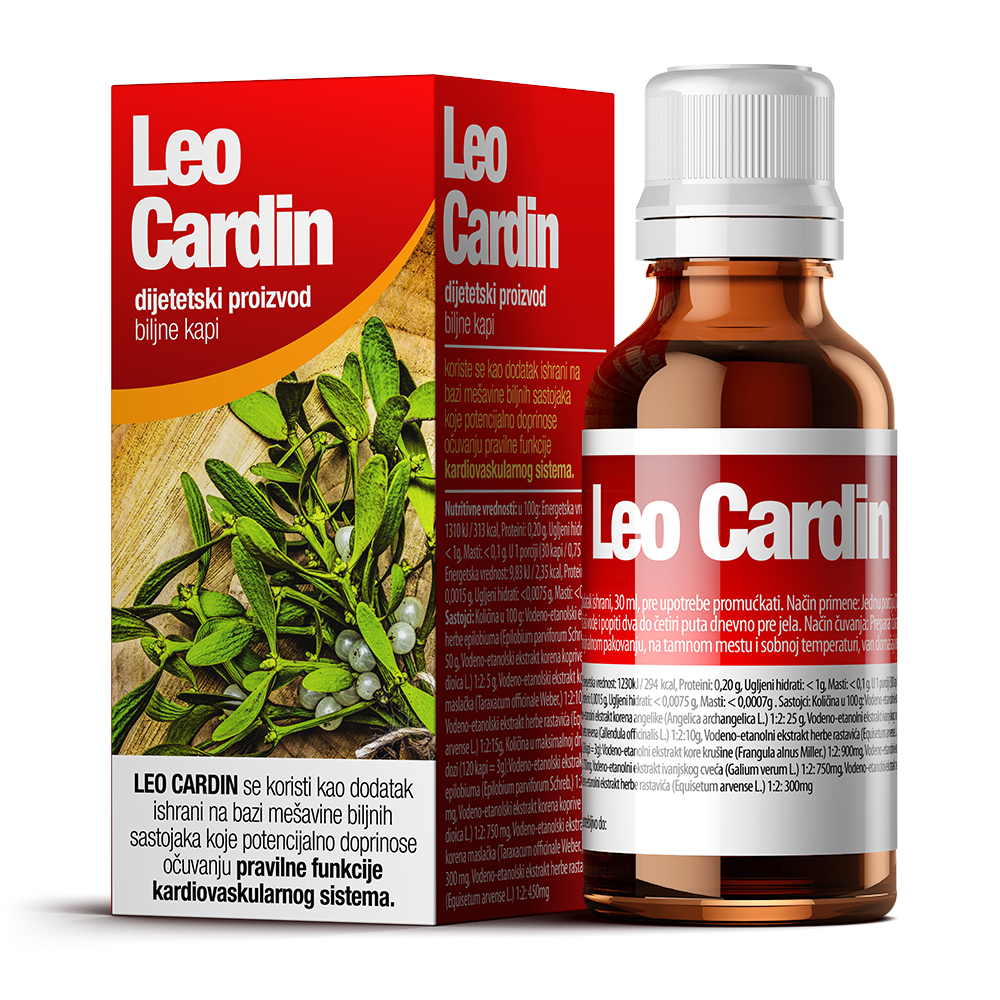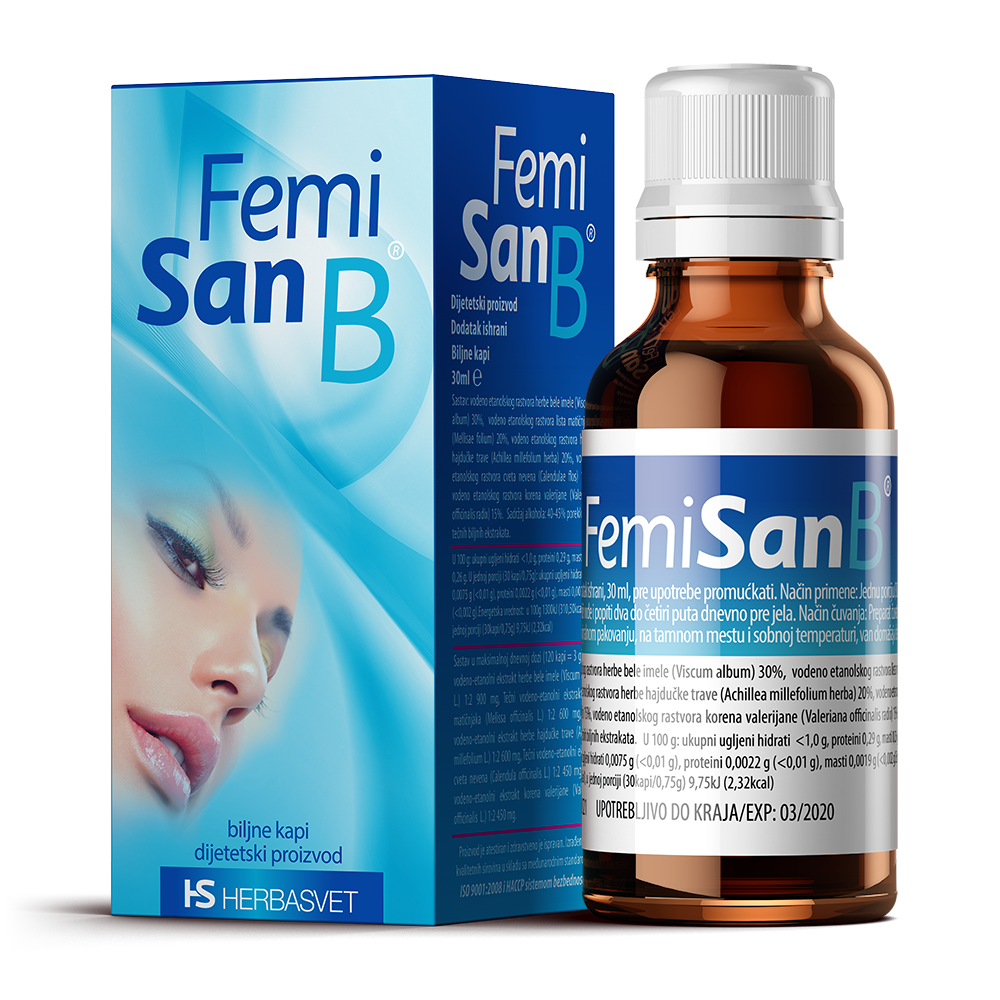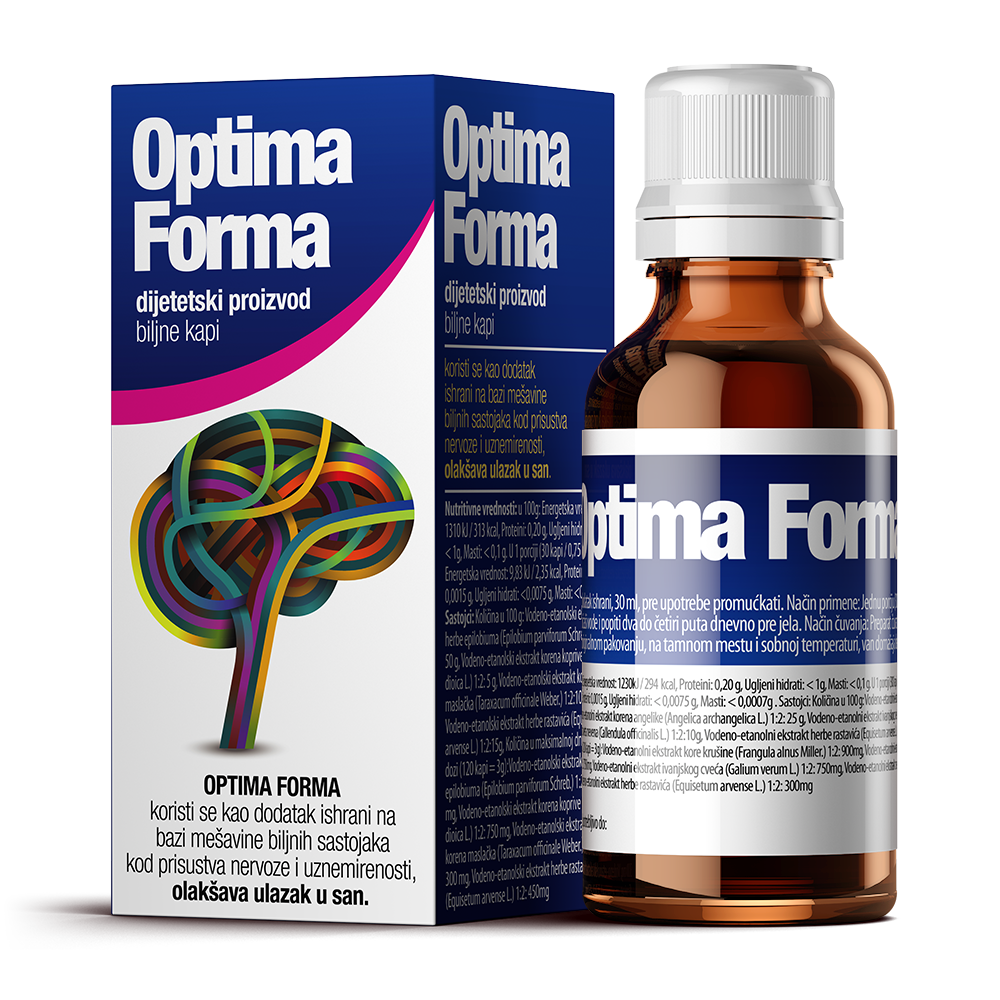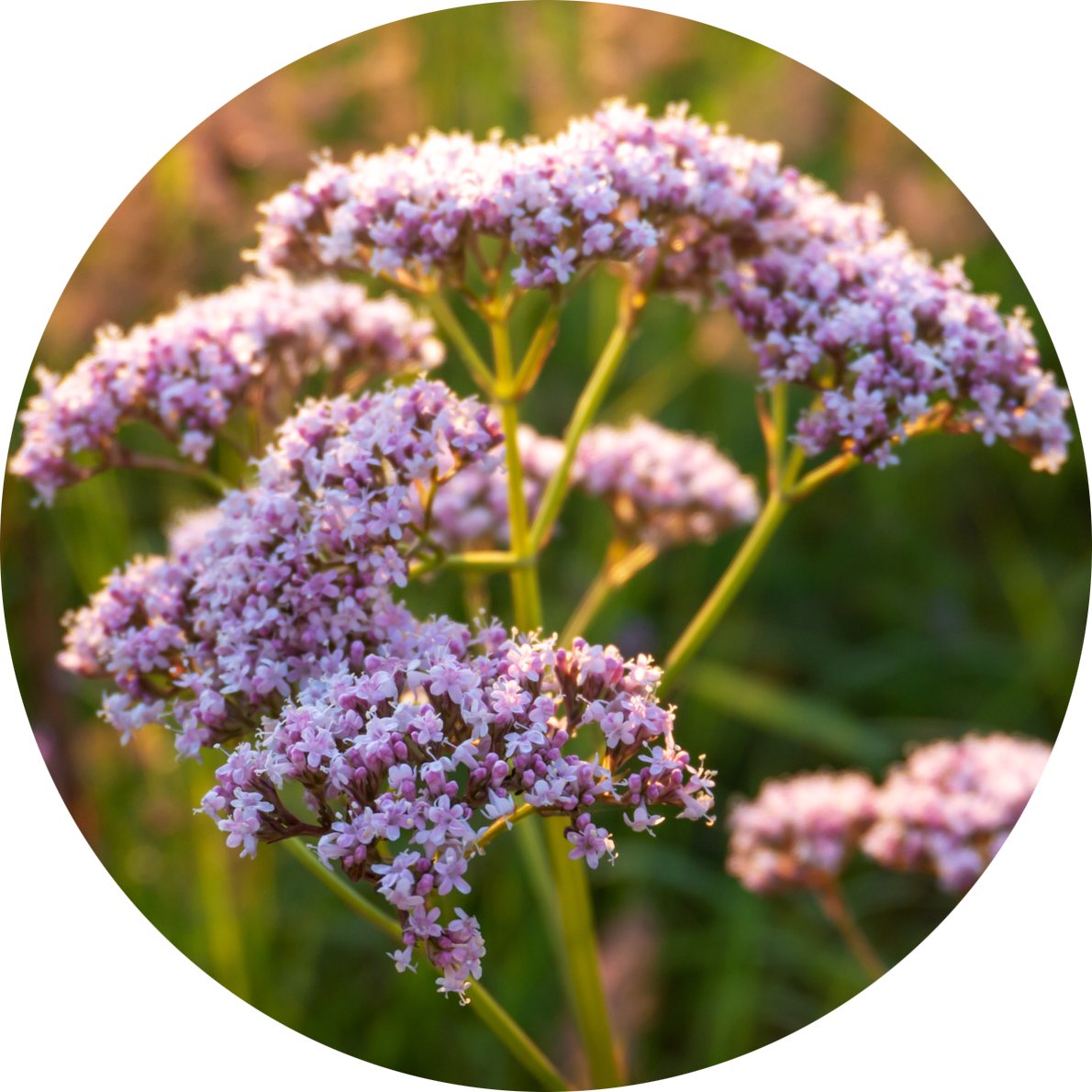(Valeriana officinalis)
The Latin proverb Non est vivere sed valere vita est means that there is more to life than just being alive. In other words, it is not enough to simply be alive, but it is important to live well. Valere in Latin means “to be well”. And that very same word is the root of valerian’s scientific name – it really does a very good job of describing it.
Valerian (Valeriana officinalis) is a wild plant that loves high altitudes and sunshine. In ancient Rome, in the second half of the 1st century modern era, it was often used by Dioscorides, Nero’s military surgeon and an expert in medicinal herbs. In his work De materia medica, he described the use of over 1,000 natural substances and classified valerian as an aromatic herb. This collection is considered the foundation of all modern pharmacopoeias. Dioscorides is also known by his pioneering anaesthetic, a special wine made from opium and mandrake that he used for putting his patients to sleep before surgery. He used the Greek word ἀναισθησία (anaesthesia), meaning “without feeling”, to describe the state of unconsciousness.
Another scientist from classical antiquity who held valerian in high esteem is Galen from Pergamo who lived a century before Dioscorides. Galen was Emperor Marcus Aurelius’s personal physician. The Romans elevated medicine to a pragmatic level: this bellicose nation understood the importance of military medicine and Emperor August established a military medical academy. Valerian played an important role in treating the wounded; its use for similar purposes continued in the centuries that followed. Valerian tincture was used to treat soldiers for shell-shock syndrome in the First and Second World Wars.
The plant’s essential oil and valerenic acid have sedative and anxiolytic effect, which makes it an ideal ingredient in treatments for irritability, anxiety, stress and insomnia. It is rich in beta carotene, limonene and quercetin, thanks to which it has anti-inflammatory and antioxidant effects. Useful ingredients of valerian include vitamins and minerals: calcium, iron, magnesium, manganese, phosphorus, potassium, selenium, zinc, as well as B vitamins, vitamin C and essential fatty acids.
Valerian: modern evidence
Modern medicine and herbal medicine have also recognised the importance of this plant. The German Commission E (scientific advisory board of the Federal Institute for Drugs and Medical Devices) has included valerian as a cure for insomnia, irritability and anxiety. The European Medicines Agency states that, with medical supervision, it can be used even by children from the age of six to alleviate nervousness and hyperactivity, and emphasises the synergy of a mixture of valerian and hops.
What is especially important about valerian is that it contains active substances that have a sedative effect. A study dealing with the use of valerian in people suffering from insomnia found that this medicinal plant, with its valerenic acid and valerenol, affects GABA receptors – gamma aminobutyric acids – the most abundant amino acids in the brain that help reduce overstimulation of neurons which in turn relieves tension and anxiety. The characteristic smell and taste of this plant comes from valepotriates which have a proven sedative and antispasmodic effect. Valerian has been proven to affect the hippocampus and amygdala by reducing responses to physical and psychological stress, regulating serotonin and norepinephrine, neurotransmitters necessary for cognitive processes, mood and emotions.
Great benefits from a small plant
If we were to list the most important effects of valerian, they would be:
- sedative
- anxiolytic
- antidepressant
- anticonvulsant
- antispasmodic
To put it simply, it relieves aggression, rage, muscle cramps, depression and anxiety. But that is not all. In addition to helping with an overloaded nervous system and having the power to calm and relax, valerian is also good for:
- blood vessels, cardiac arrhythmia, high blood pressure
- the health of menopausal women
- menstrual pain
- decreased immunity
- neuralgia, peripheral neuropathy, sciatica, bone and joint pain
- nervous intestines and stomach cramps
- to quit smoking
- tension headaches
- insomnia at all ages, especially insomnia in old age
- feelings of chest tightness, hypochondria, uneasiness, anxiety, chronic fatigue, fear and panic attacks.
A solution against rumination
Valerian plant calms the mind and rumination, helps us to fall asleep easier and faster and improves sleep quality, so it is also useful in somnambulism – sleepwalking. It is not addictive, on the contrary – it is often used in patients who want to stop using synthetic sedatives. But, as its effect is extremely strong, it must be used with caution, in professionally prepared products in strictly controlled laboratory conditions and in standardised procedures, as well as in prescribed doses. If stored incorrectly, valerenic acid can be converted into isovaleric acid, which is harmful. It is safest to procure valerian from producers whose tightly controlled production has been officially approved. Its effect is so strong that it can reduce concentration and slow down reflexes, so it is not recommended to use it before driving or operating machinery. It is also not recommended to combine it with synthetic sedatives, alcohol or during pregnancy and breastfeeding.
Kitten grass
Valerian root and rhizome are used in phytopharmacy; its flower has been used in the perfume industry due to its specific aroma. However, valerian is not only appreciated by people. This plant has a pheromone effect on cats, so they act completely hypnotised in the presence of this plant. Cats often graze when they feel they have some health problems. Studies have proven the effect of this plant on depression in cats, and there is even research that deals with olfactory stimuli for our feline friends in order to reduce their aggressive behaviour or disease. What attracts cats to these plants is nepetalactone, a monoterpene lactone, which can be of additional benefit to us because it repels insects.
Valerian infusion or drops?
Valerian is used in various forms – valerian root infusion is easy to prepare, but valerian drops are better absorbed by the body. However, it has the best effect in combination with other plants. Hops and lemon balm are its closest comrades-in-arms in the natural and professionally made Optima Forma preparation. This formula is the best ally of the modern person who is often exposed to stress. Optima Forma reduces the effects of stress, depression, strengthens memory, improves concentration, soothes feelings of anxiety and mental exhaustion and strengthens immunity, facilitates sleep and improves sleep quality. Valerian is part of two other Herba Svet preparations: Femisan B, which gives menopausal women much-needed calmness and composure, and Leocardin, in which it calms the heart and strengthens blood vessels in synergy with other herbs. Valerian – for a life that’s bigger and better than just being merely alive.



